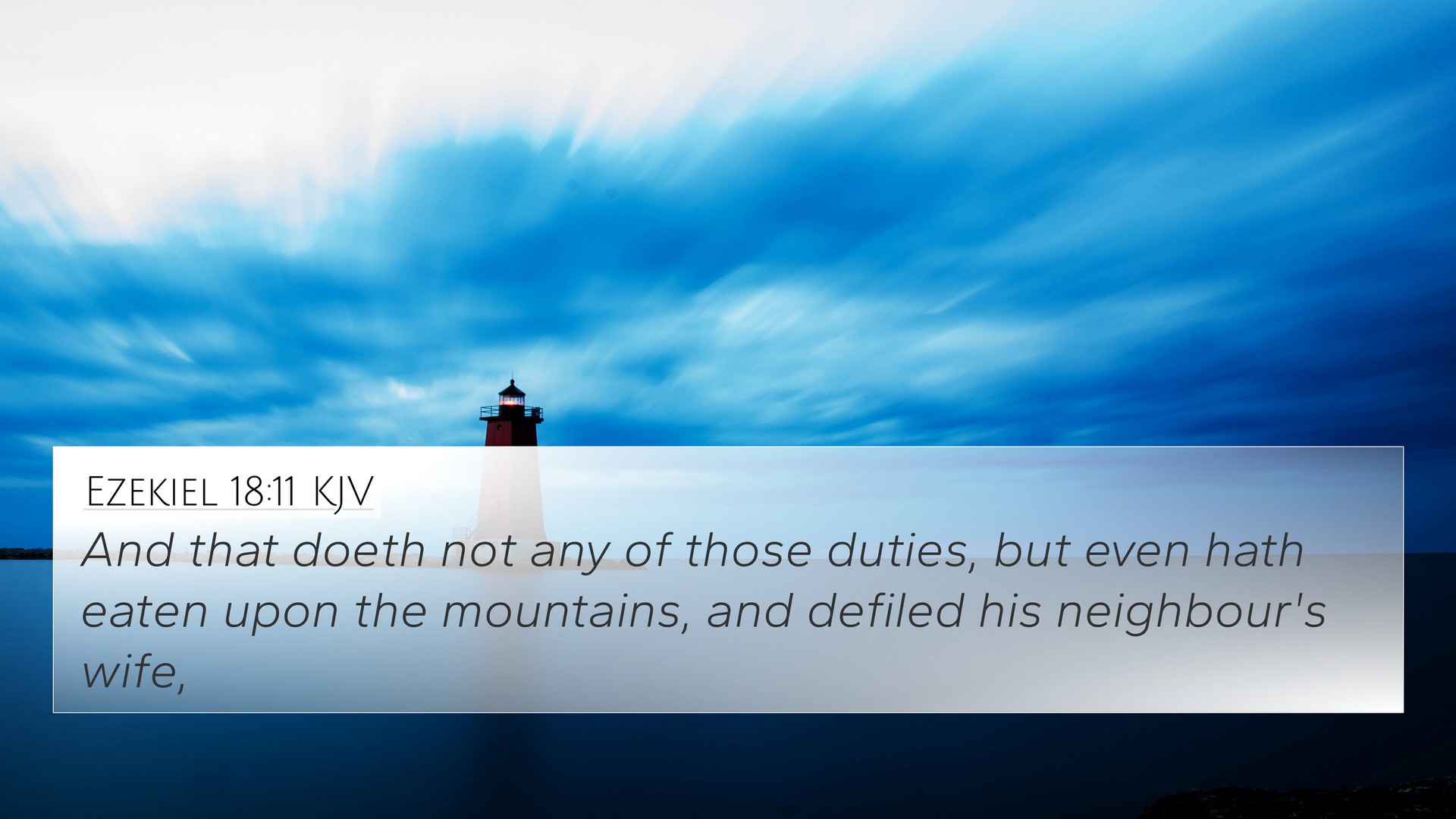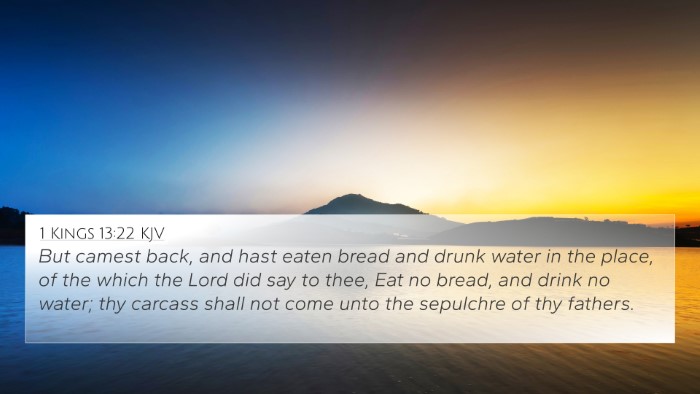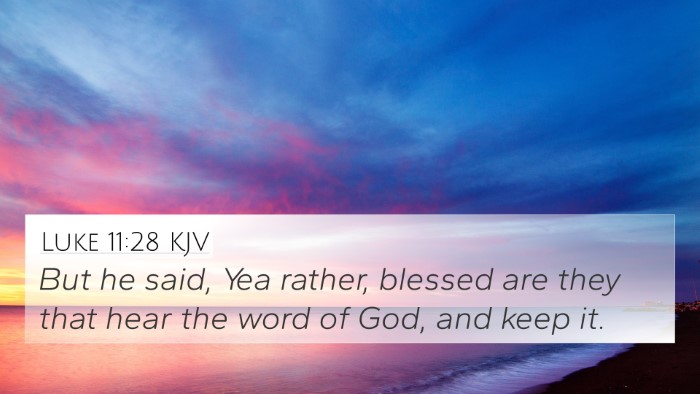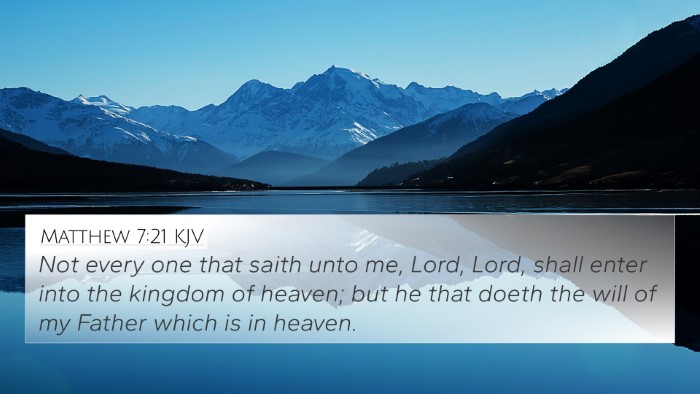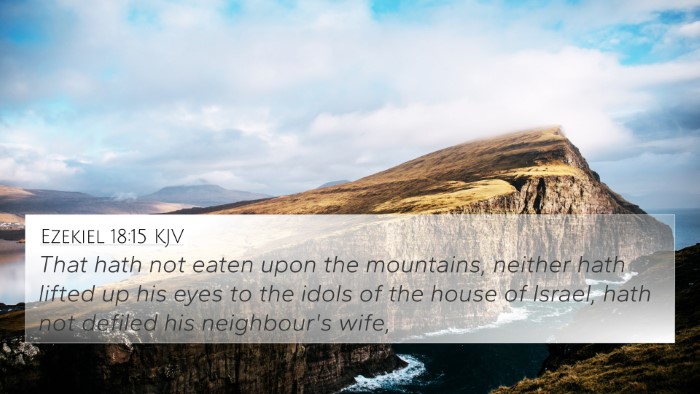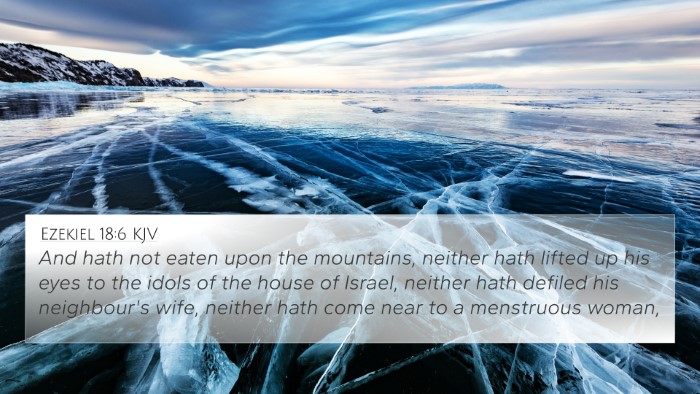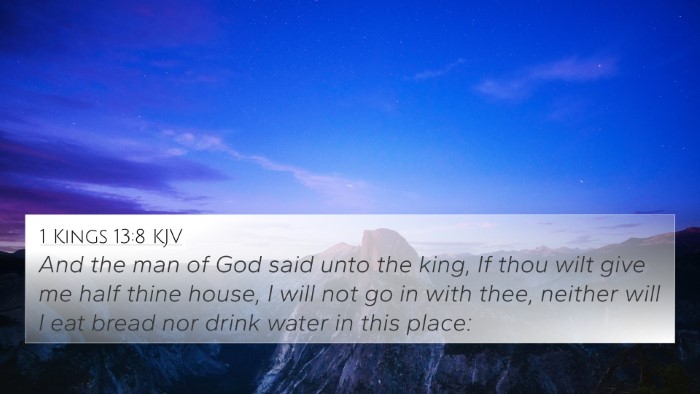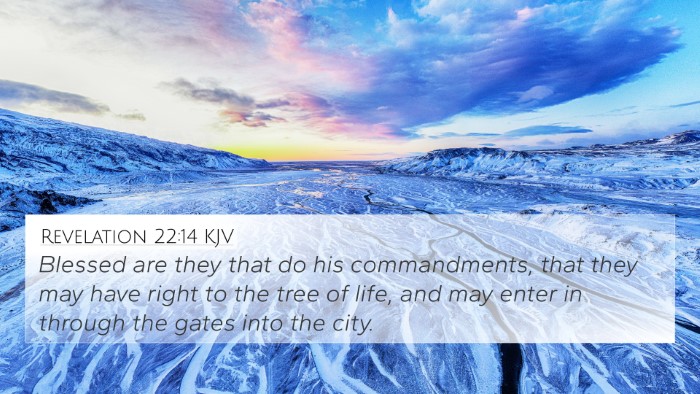Ezekiel 18:11 - Understanding the Verse
Bible Verse: Ezekiel 18:11 states, "But hath done all those things that a son doth, and hath done them before his father; and he hath also eaten upon the mountains, and defiled his neighbor’s wife."
Overview of Ezekiel 18:11
This verse is part of a profound discussion on individual responsibility and the nature of sin in the book of Ezekiel. It illustrates the actions of a rebellious son and the consequences of such behavior, emphasizing moral accountability.
Interpretation and Analysis
To deep dive into the meaning of Ezekiel 18:11, we can look at insights from various public domain commentaries:
-
Matthew Henry's Commentary:
Matthew Henry emphasizes the inner moral corruption when a person imitates the immoral behavior of others. He notes that the son mentioned in Ezekiel 18:11 represents not just disobedience but also an alarming disregard for family honor and God’s laws.
-
Albert Barnes' Notes:
Barnes points out the heinous nature of the actions described. The son is not merely rebellious; he has committed acts that are widely considered taboo, showing a blatant disregard for sacred relationships. Barnes connects this to the broader theme of the Israelites’ infidelity towards God.
-
Adam Clarke's Commentary:
Clarke provides context regarding the cultural implications of the actions referenced in the verse. He explains that eating on the mountains signifies participation in idolatrous practices that were common among neighboring cultures, thus illustrating spiritual unfaithfulness alongside moral transgressions.
Cross-References with Other Bible Verses
Understanding Ezekiel 18:11 can be enhanced through various Bible verse cross-references. Here are key scriptures that relate to the themes and moral lessons present in this verse:
- Deuteronomy 22:22: Addresses the consequences of infidelity.
- Proverbs 6:32: Highlights the destruction that comes from a lack of integrity in relationships.
- Romans 14:12: "So then each of us will give an account of himself to God." This speaks to personal responsibility.
- Galatians 6:7: "For whatever a man sows, that he will also reap." A reflection of moral accountability.
- 1 Corinthians 6:9-10: Lists unrighteous behaviors that will not inherit the Kingdom of God.
- James 4:4: Declares that friendship with the world is enmity with God, paralleling the theme of idolatry.
- Matthew 15:10-20: Discusses how what comes from the heart defiles a person, which connects to the inner corruption described in Ezekiel.
- Mark 7:21-23: Further echoes the idea that evil thoughts and actions stem from within.
- Hosea 4:6: Reflects upon the consequences of ignorance of God’s laws.
- Proverbs 28:13: "He who covers his sins will not prosper, but whoever confesses and forsakes them will have mercy." This verse encapsulates the necessity of acknowledging one’s sins, relevant to the son’s actions in Ezekiel.
Thematic Connections
Examining Ezekiel 18:11 in the light of other Scripture reveals several thematic connections:
-
Individual Responsibility: Several scriptures echo the sentiment that each person is responsible for their actions, linking to the concept of accountability seen throughout the Bible.
-
Consequences of Sin: The depiction of the son’s actions directly correlates with themes found in the New Testament about the consequences of sinful behavior, particularly in terms of eternal outcome.
-
Idolatry and Spiritual Adultery: The son's actions, including defiling others' relationships, serve as a metaphor for Israel's idolatry, seen in both Ezekiel and the prophetic writings of Jeremiah and Hosea.
Tools for Deeper Understanding
For those interested in further study and cross-referencing, several tools can help:
- Bible Concordance: This can assist in finding related verses and themes.
- Bible Cross-Reference Guide: Useful for deepening studies and understanding how different passages relate.
- Cross-Reference Bible Study: Engaging in this method can illuminate connections that enhance one’s understanding of Biblical messages.
- Bible Reference Resources: Unpack deeper meanings through specialized Biblical dictionaries and resources.
Conclusion
Ezekiel 18:11 offers profound insights into the nature of sin and personal accountability. Through the connection of various scriptures, we can see how this verse reflects the broader biblical narrative concerning morality, responsibility, and the consequences of our choices. By understanding these connections, believers are better equipped to grasp the significance of their actions in relation to God's teachings.
FAQs Regarding Cross-Referencing in the Bible
What verses are related to Ezekiel 18:11?
The key verses related include Deuteronomy 22:22, Proverbs 6:32, and Romans 14:12, among others.
How can I find cross-references in the Bible?
Using a concordance or a cross-reference Bible can help in uncovering relevant verses that connect to various themes.
Why is understanding connections between Bible verses important?
It enhances comprehension and reveals the unity and coherence of Scripture, making the messages more applicable to everyday life.
